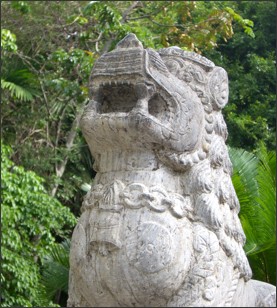|
So your Testament's contents could include anything you would like. Usually, the executor of the
Will reads the Testament at the official reading of the Will, after the list of possessions is
read. With any luck, one or two people will stick around and listen to the executor read your
Testament. With a lot of luck, your executor will stick around to read it all and not use phrases
like, "et cetera" and "so on and so forth." If you are smart, you will put into your Will a
stipulation that no one gets anything you have bequeathed to them unless they stay around and
listen to the executor read the entire Testament.
|
| |
|
You can always change your Testament if you live. Many people change their minds about what they
have written, especially if their lives go on for a long time after they wrote their Testament.
Lives that go on for a long time may include new thoughts, feelings and philosophies that negate
what was written in the first place.
|
| |
|
If you hated an aunt, for instance, and wrote in your Testament that she was a vile wench, a
wicked lady that often struck you with a strap of jingle bells, and then you outlived her only to
find that in her Will she left you many thousands of dollars, you can go back and say she was an
angel in disguise.
|
| |
|
Do yourself a favor and write a Testament to your Last Will. You won't live to be glad you did but
someone around you may find it inspiring and lead a strong, productive life because you took the
time to express yourself.
|
| |
| Frank
Cotolo can be found hosting the talk and interview programme
Cotolo
Chronicles. You can send him an e-mail at this address:
frank@148.ca.
|





 Copyright © 2009-2015 SRN Mediaworks Productions, in association with Frank Cotolo.
Copyright © 2009-2015 SRN Mediaworks Productions, in association with Frank Cotolo.